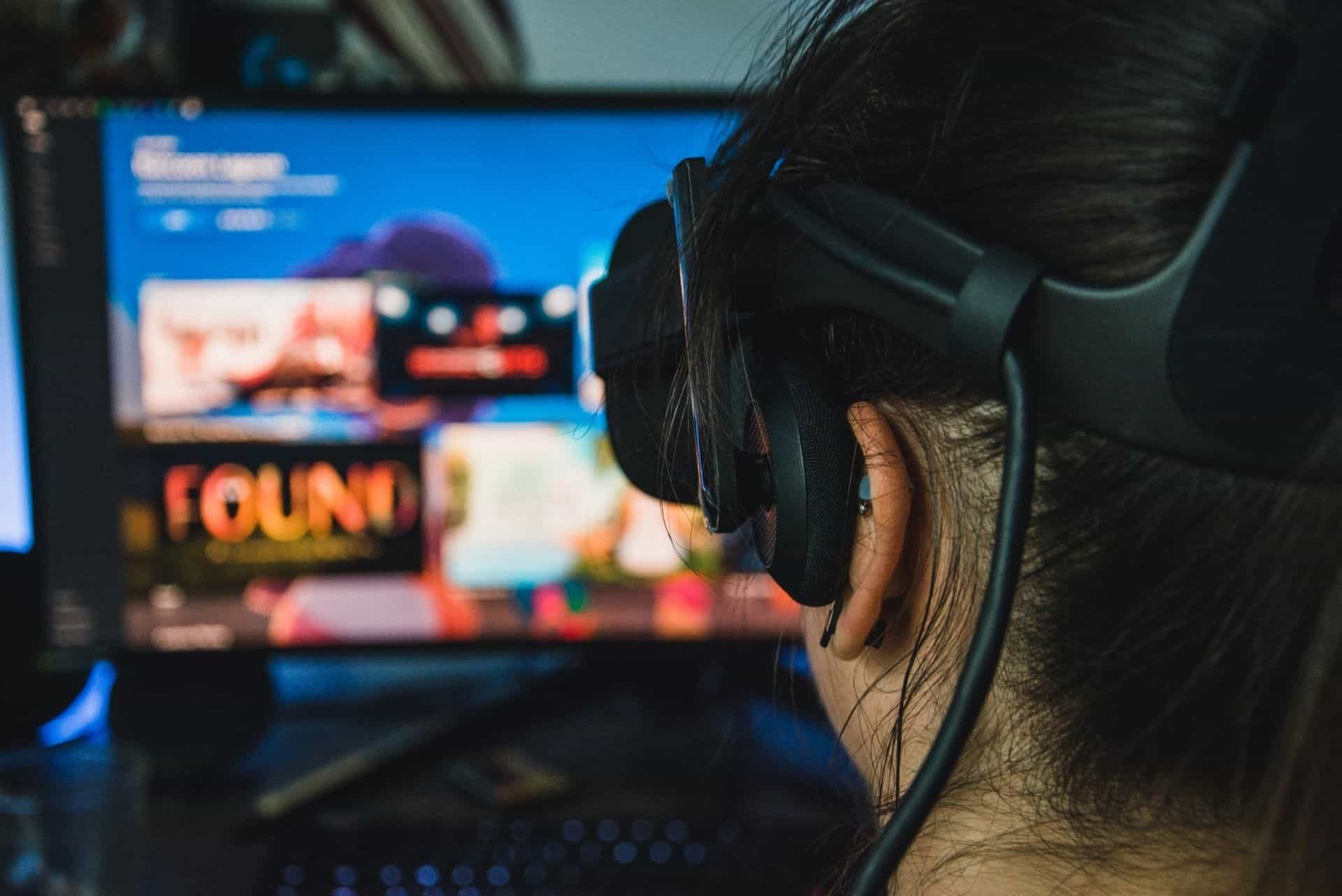“No.” It’s a complete sentence, needing no emphasis or details. Stop using it as another apology word, riddled with guilt and a rush of jumbled words to soothe bruised egos. You don’t need to explain yourself to anyone because your first goal is to check in with yourself.
Not explaining yourself when refusing someone correlates as an unprecedented practice for many, since people often prize the value of extending an open, helping hand. Lending that helping hand resembles a loving gesture, not a requirement, yet people choose to overextend themselves and risk burnout or resentment before saying no.
“I’m sorry, but…” and “No, I’m afraid I can’t make it…” represent the apologetic, buffer word posts used to erect the weak fences of personal boundaries and fulfilling obligations to others. What if you dropped those “posts” and let one-word stand? You don’t always need to explain yourself when you say no, and here’s why:
1. You Matter
Your first objective: checking in with yourself. You may think if you shift enough of your schedule around, you’ll make things work. Stop the “If I…” cycle long enough to show yourself the honest truth. Don’t view your honesty as an excuse. It needs your validation.
Even when you technically can or can’t make an event physically, you may not have the emotional or mental capacity to handle it. Crowds may overwhelm you, and you don’t know how to survive another event this week. You may feel pressured to go when you want to. Mark these as valid factors, too. Your full health — mind, body and spirit — matters. You matter enough to say no.
2. The Guilt Trip
Friends and family often guilt trip each other to show up. Your own worst enemy when it comes to pressuring yourself into things is yourself. When you explain yourself or justify yourself in your mind, you risk manipulation.
Guilt tripping, a subtle negative pattern, holds consequences which add up physically, emotionally and mentally. Suppressed resentment has the most common end result. Don’t let someone continue to guilt trip you after you’ve said no. If they do, monitor for unchecked emotional abuse. They have violated your boundaries. To stop the cycle of guilt tripping, everyone should express their desires directly, but often you hold power to end the game.
You don’t have to answer to anyone but yourself in the end. You make the rules about how you live your life and remain entitled to break them when it comes to saying “yes” and “no.” Don’t forget you will have to live with the consequences of your choices. Your decisions should ideally radiate an enthusiastic “Yes!” when you agree to show up.
3. Silence Has Power
Silence does not necessarily equal meekness. Silence has power, containing mindfulness to remain present, clear, honest and centered. Words also have power, and what you utter empowers you or takes your power away.
People avoid saying no to please, to comply with authority figures, to stand dutiful, to avoid guilt and not to risk looking “less than.” Do you have the disease to please? Burnout occurs when you give your power away, and the less you say helps you keep your power.
See silence as golden and having guts when holding your ground. Let your actions show your reliability rather than making excuses when you can’t or don’t want to say “Yes.” Saying no doesn’t mean you lack reliability. When you speak up, you save yourself and others time and energy, the time you can reinvest in yourself.
Practice saying no more often, and stop yourself mid-sentence if you catch yourself tacking reasons to a simple no. Your no is valid because you said so.
The qualifier, “because I said so,” worked on us as kids because it stopped all “buts” and “what ifs.” Reclaim this little phrase the next time you decline an invite. Keep your power and save everyone time and worry thanks to your honesty.
You matter, that’s why.
Recent Stories
Follow Us On
Get the latest tech stories and news in seconds!
Sign up for our newsletter below to receive updates about technology trends




